You go to a gym and every brah there will tell you their version of the bro-science involved in building the best physique and which exercises are best for each body part.
Ask 'em "I need some guns brah what should I do?" And he will immediately say "Do some barbell curls boy! There's nothing like curls for getting biceps like Arnold! Boy."
And he would be Wrong!
That's where Electromyography (EMG) comes in.
Its similar to the ECG for the heart except its meant for measuring electrical activity in the muscle fibers.
"EMG is performed using an instrument called an electromyograph to produce a record called an electromyogram. An electromyograph detects the electric potential generated by muscle cells when these cells are electrically or neurologically activated. The signals can be analyzed to detect medical abnormalities, activation level, or recruitment order, or to analyze the biomechanics of human or animal movement." (wiki)
Thus EMG studies are a sure fire way of finding out which exercise is best at activating the most muscle fibers for a given muscle group.
So without further ado lets get straight to what various studies done with EMG have shown.
Deltoids (Shoulders)-
According to a study published by ACE Research (American Council on Exercise) the best shoulders exercises for each of the three heads of the deltoid muscle- the front, middle and rear- are as follows.
Anterior Deltoid (Front)- Dumbell Shoulder Press.
Dumbell Shoulder Press
Middle Deltoid- 45-degree Incline Row
Bent-arm Lateral Raise
45-degree Incline Row
Bent-arm Lateral Raise
The dumbell incline row coupled with the bent-arm dumbell raise is more than enough for total middle delt activation. Classic exerices such as Military Press and Dumbell Press mostly hit the Front Delt. However for raw strength gain I recommend doing bid compound lifts like the Military Press and Shoulder Press and their variations.
Rear Deltoid- Seated Rear Lateral Raise
45-degree Incline Row
Seated Rear Lateral Raise
45-degree Incline Row
According to the study for the rear delt there's simply no reason to do anyting else other than these two exercises.
Chest-
ACE Reaserch study on Chest developement resullted in the folowwing findings-
The Top Three chest exercises for maximal chest muscle activation were
1- The Barbell Bench Press
2- Pek Deck Machine
3- Bent-Forward Cable Crossovers
Everything else even incline dumbell flyes and dips fell far behind these three.
The Barbell Bench Press
Pek Deck Machine
Bent-Forward Cable Crossovers
Biceps-
ACE Study on bicep activation resulted in the most surprising results.
The classic Barbell Curl was outgunned by the Concentration curl, cable curl and the chin up!
So make sure to include concentration curls in ANY bicep workout. Now we know why Arnold had the best biceps- he always did concentration curls!
However I would recommend starting your bicep workout with a big compound movement such as the barbell curl. Even though the concentration curl will elicit far greater bicep activation it won't strengthen your arms for everyday use as doing heavy barbell curls will.
Triceps-
The triceps study elicited some surprising results as well!
The Top 3 were-
1- Triangle Push-up (AKA Diamond push up)
2- Kickbacks
3- Dips
Triangle Push-up
Kickbacks
Dips
Much-touted tricep mass builders such as the Close Grip Bench Press scored very low and can be removed from any tricep routine.
The type of dips they did for the study were bench dips so it stands to reason that parallel bar dips and bar dips with added weight will elicit even better triceps results!
Bar Dips
So these are the Top Exercise for development of the upper body muscle groups.


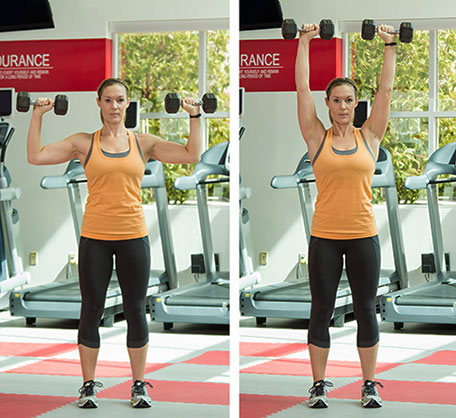
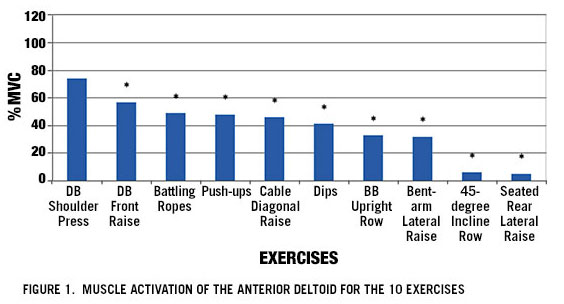
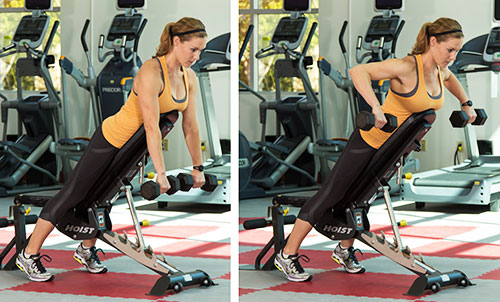
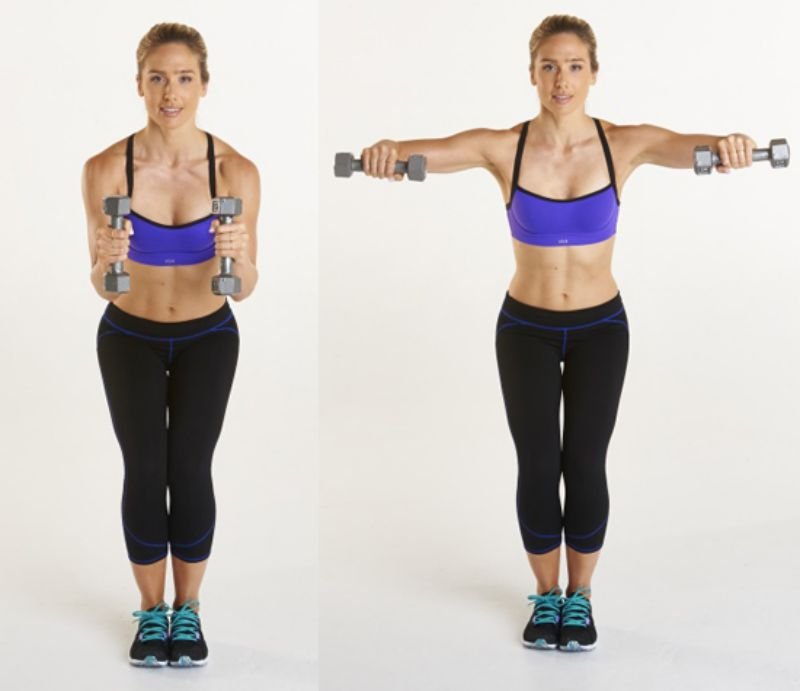
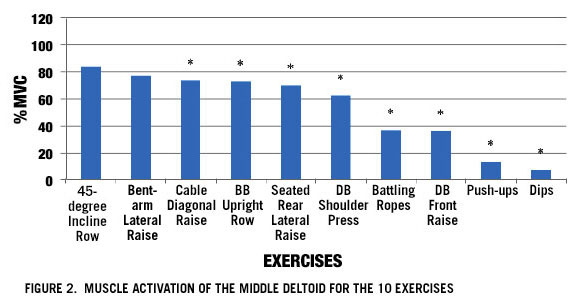

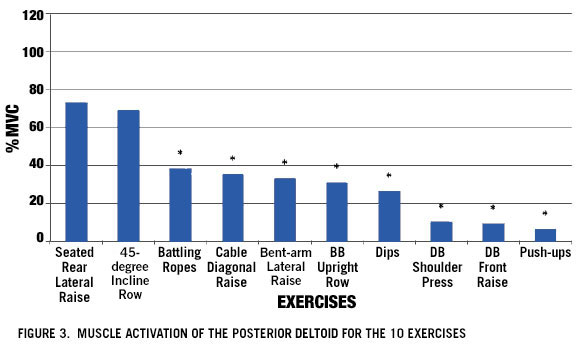
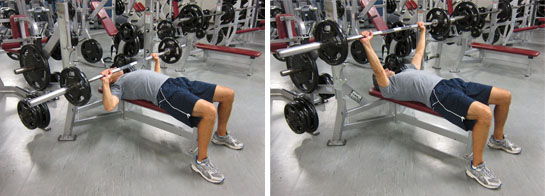
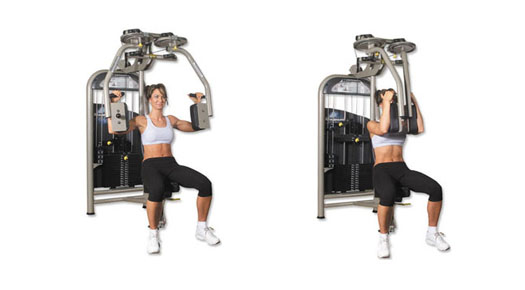
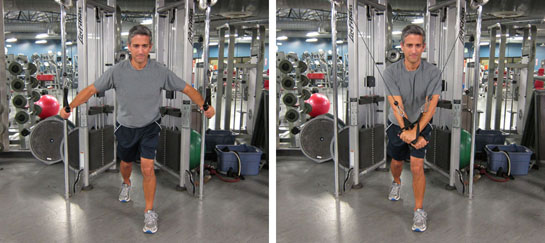


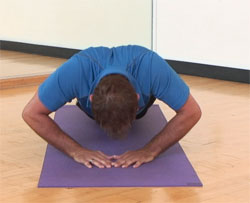
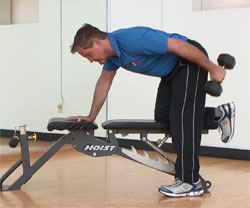
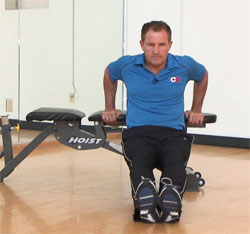
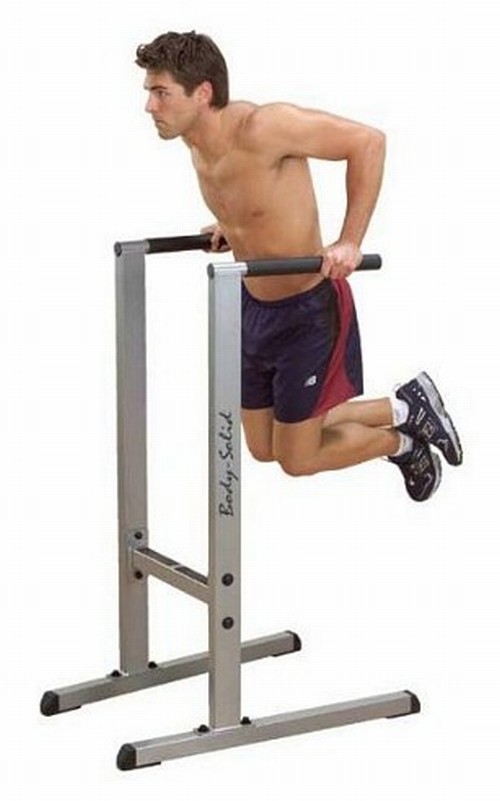
good article bro
ReplyDeletegood article bro
ReplyDelete